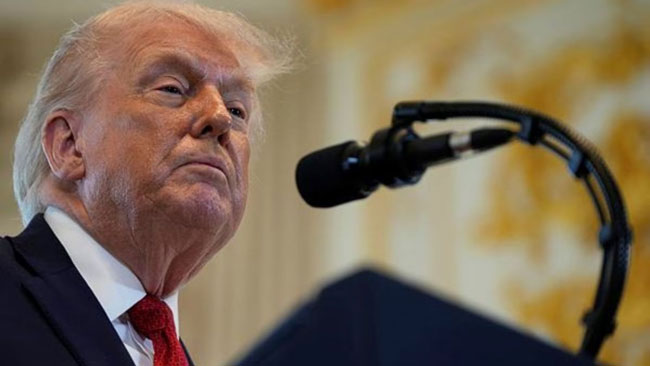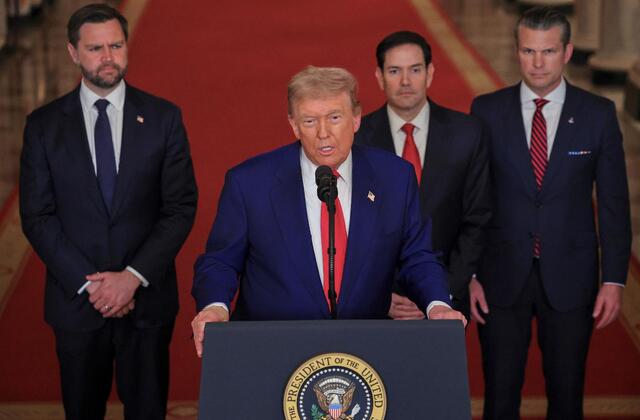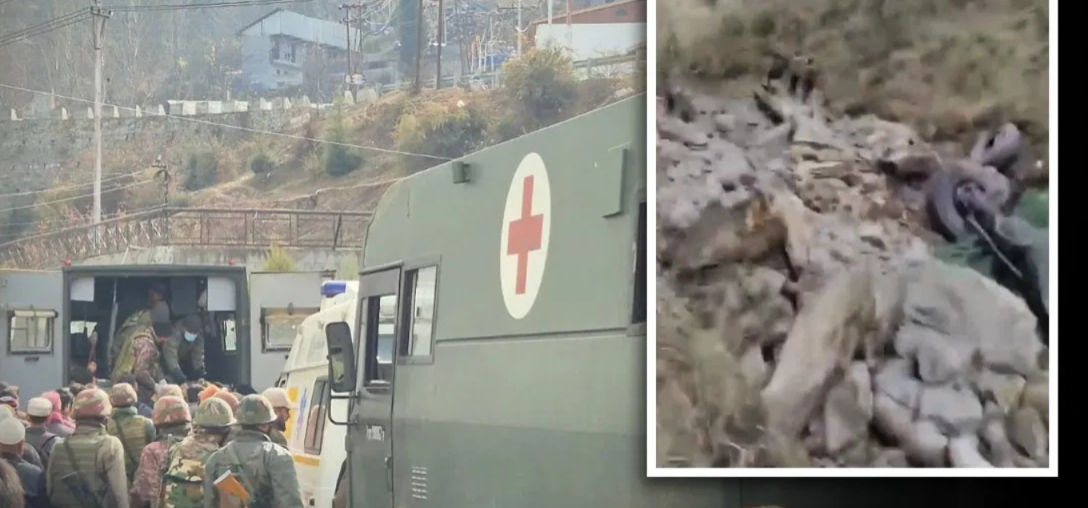Trump Says India Will Stop Buying Russian Oil; Hungary Faces Energy Pressure Over Russian Pipelines
- bypari rathore
- 20 October, 2025
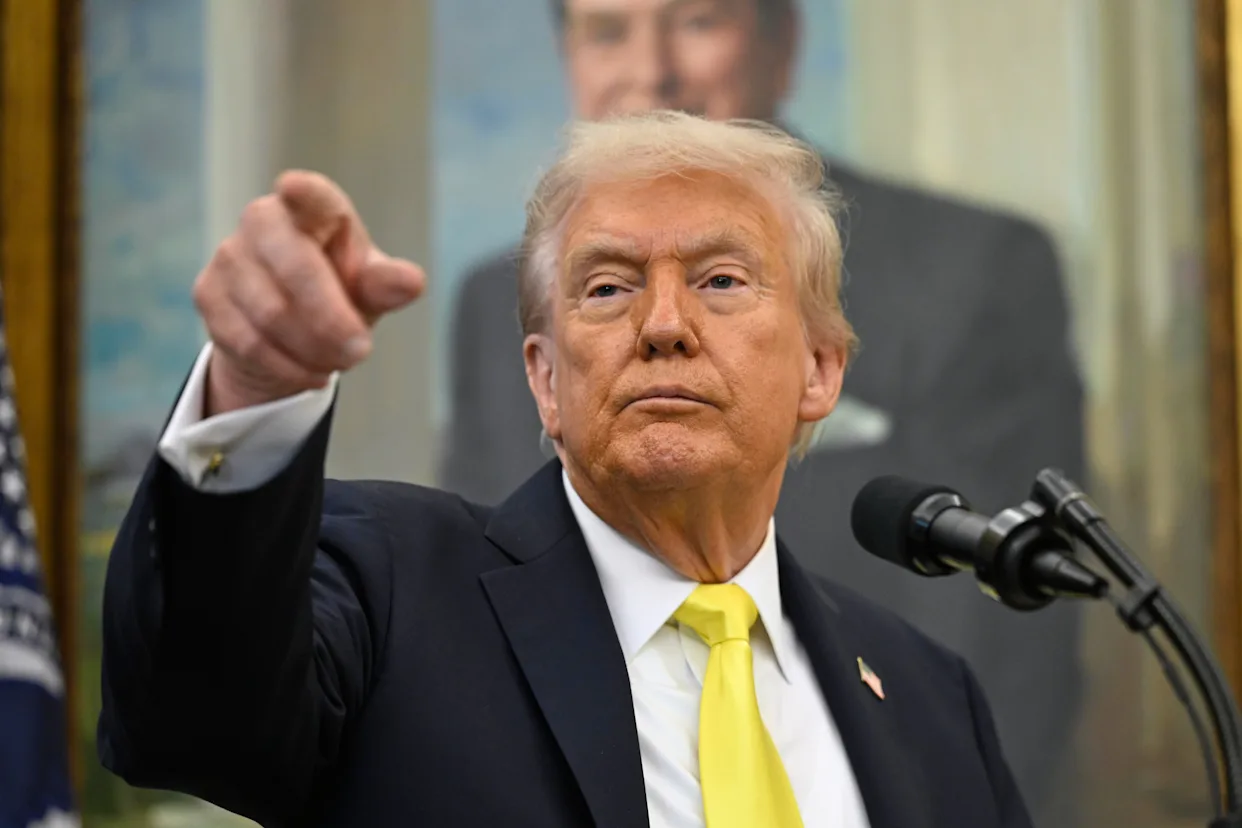
Trump Says India Will Stop Buying Russian Oil; Hungary Faces Pipeline Pressure Amid Shifting Energy Politics
In a dramatic statement that has stirred diplomatic and economic debate across continents, U.S. President Donald Trump announced that India will stop importing oil from Russia — a claim that New Delhi has not confirmed. The declaration comes as Europe, too, faces new energy strains, with Hungary pushing back against European Union efforts to limit Russian oil flows through pipelines.
The twin developments — Washington’s pressure on India and Budapest’s defiance within the EU — highlight how deeply global politics remains entangled with energy security, trade dependencies, and the ongoing war in Ukraine.
🇺🇸 Trump’s Bold Claim: “India Won’t Be Buying Russian Oil”
Speaking to reporters at the White House on Sunday, President Trump asserted that Indian Prime Minister Narendra Modi had assured him India would halt purchases of Russian oil.
“India is not going to be doing the Russian oil thing,” Trump said. “They understand that as long as they’re buying from Russia, there will be massive tariffs. Prime Minister Modi is a very good friend, and he knows what’s right for the world.”
The comment marked a clear shift in tone from Washington, suggesting a hardening of U.S. policy toward countries still maintaining energy ties with Moscow. The United States has repeatedly urged India to reduce its reliance on Russian crude, which has become one of New Delhi’s most affordable energy sources since Western sanctions drove down Russian export prices.
🇮🇳 India Pushes Back: “Energy Security Comes First”
However, Indian officials have quietly pushed back against Trump’s characterization. The Ministry of External Affairs said India’s energy decisions would continue to be guided by “national interest and consumer welfare,” without confirming any such pledge to the U.S. administration.
“India’s position remains consistent — we buy oil from wherever it is most advantageous for our economy and our people,” an official said on background. “There has been no formal commitment of the kind suggested.”
Analysts note that India has used Russian oil purchases to cushion domestic fuel prices against global volatility. Since 2022, Russia has emerged as one of India’s top three crude suppliers, accounting for nearly 30–35% of its total imports at times.
Despite Western pressure, Indian refiners — both state-run and private — have continued to buy Russian crude at discounted rates, often through intermediaries that obscure final origins. According to recent shipping data, Indian imports of Russian crude hovered near 1.9 million barrels per day in September 2025, a level roughly unchanged from the previous quarter.
⚖️ U.S. Tariff Threats: A Tool of Pressure
President Trump’s remarks suggest that Washington could use trade tools to force compliance. During his first term, Trump frequently wielded tariffs as leverage in foreign policy — most notably against China, the EU, and even U.S. allies like Canada.
The new rhetoric signals that the same approach may extend to energy diplomacy. Tariffs on Indian exports could add financial strain to bilateral relations that have otherwise been improving in defense and technology sectors.
Some U.S. analysts, however, question whether India will actually alter its course.
“It’s unlikely India will completely stop Russian oil imports anytime soon,” said Dr. Rebecca Collins, an energy analyst at the Atlantic Council. “What we may see is a quiet reduction or re-routing of supplies to maintain the optics of cooperation with Washington while keeping the energy flow steady.”
🇭🇺 Hungary’s Pipeline Predicament: “We Cannot Just Switch Off Russia”
While the U.S. and India navigate their diplomatic tension, Europe faces its own challenge. Hungary, one of the EU’s most vocal dissenters on energy sanctions, warned last week that it cannot afford to comply with new European proposals to further limit Russian oil and gas imports.
Speaking at the Russian Energy Week conference in Moscow, Hungarian Foreign Minister Péter Szijjártó said his country’s energy system is “not compatible” with Brussels’ political timelines.
“Hungary will not endanger its citizens’ energy supply,” he said. “We are a landlocked country, dependent on the Druzhba pipeline. Until real alternatives exist, we will continue to buy Russian energy.”
Hungary currently receives around 65% of its oil and 80% of its gas from Russia, largely through pipelines that bypass Ukraine. Unlike other EU members that can access liquefied natural gas (LNG) via ports, Hungary lacks coastal infrastructure and storage capacity to pivot quickly to other suppliers.
Trump himself commented on the issue, saying Hungary was “sort of stuck because of its pipeline situation,” adding that “geography matters as much as politics” when it comes to energy.
🌍 The Geopolitical Crossroads: Energy, Economy, and Strategy
The twin developments underscore how energy politics remain a defining factor in global diplomacy three years after the Ukraine invasion.
For Washington, reducing global demand for Russian energy is key to cutting off Moscow’s war revenue. For India and Hungary, however, cheap Russian energy remains essential for keeping domestic prices stable and industries running.
Europe’s broader energy strategy has been to phase out Russian supplies while accelerating renewables and LNG infrastructure. But for Central and South Asia, the calculus is different — affordability and supply security still dominate over political alignment.
If India indeed reduces its Russian oil intake, Moscow may redirect flows toward China, Turkey, and “shadow fleet” operators, reshaping global shipping routes and energy pricing once again.
For Hungary, the EU may have to provide financial incentives or infrastructure assistance to help the country transition away from Russian sources — a politically sensitive process that could take years.
🔮 What Lies Ahead
The coming months will test whether Trump’s announcement translates into measurable action. Energy analysts will watch November and December import data closely to see if India’s Russian oil purchases actually decline.
At the same time, the European Commission is expected to revisit its eleventh sanctions package, possibly including pipeline exemptions for landlocked nations like Hungary and Slovakia.
Ultimately, both India and Hungary illustrate the same dilemma: while Western powers aim to isolate Russia economically, the real-world complexities of geography, infrastructure, and economics make swift compliance difficult.
Bottom Line
President Trump’s claim that India will stop buying Russian oil and Hungary’s pipeline predicament reveal the enduring tension between energy pragmatism and geopolitical alignment.
As nations weigh economic survival against strategic loyalties, one truth remains clear — in global energy politics, decisions made in Washington or Brussels rarely unfold cleanly on the ground in New Delhi or Budapest.
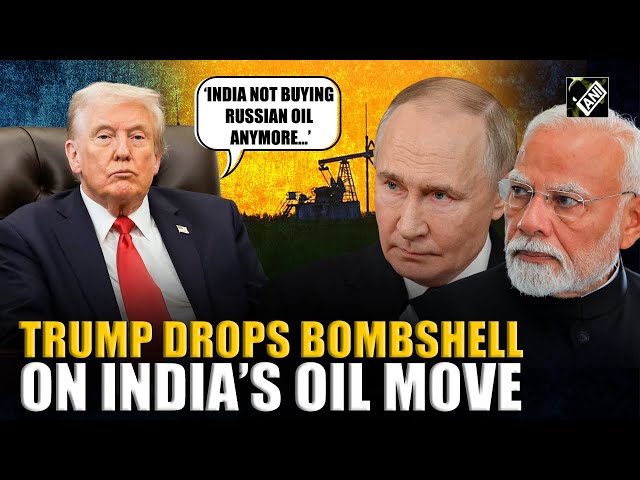
Note: Content and images are for informational use only. For any concerns, contact us at info@rajasthaninews.com.
"Peter Dutton Affirm...
Related Post
Hot Categories
Recent News
Daily Newsletter
Get all the top stories from Blogs to keep track.




